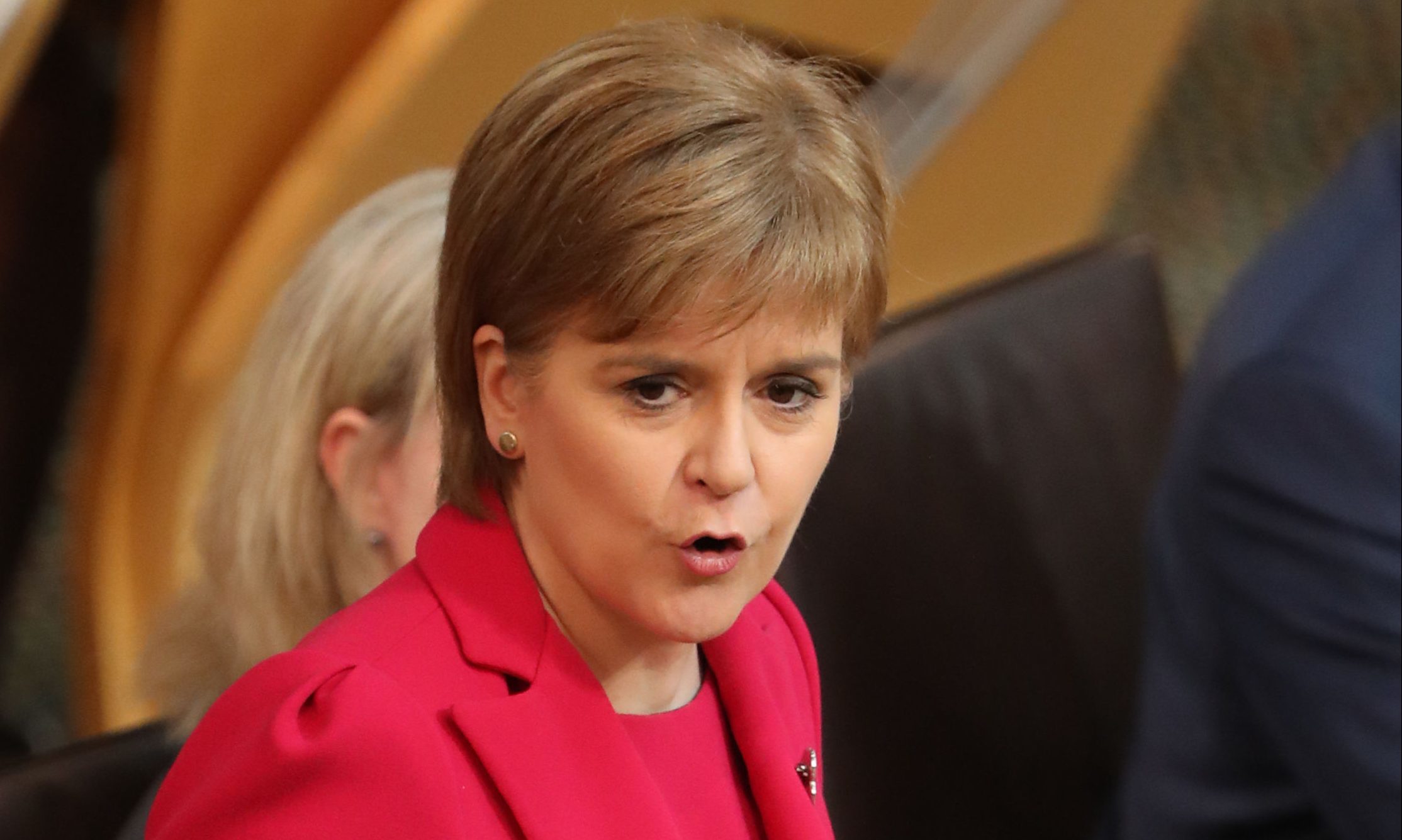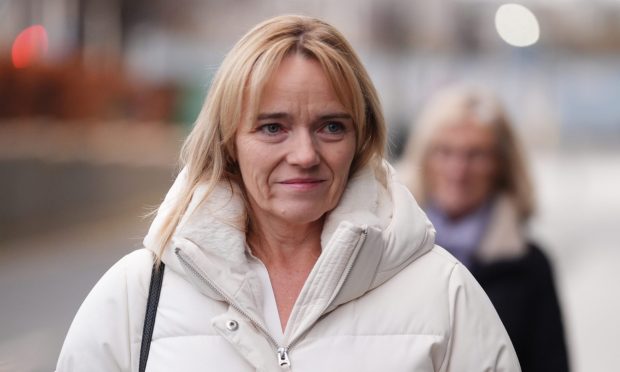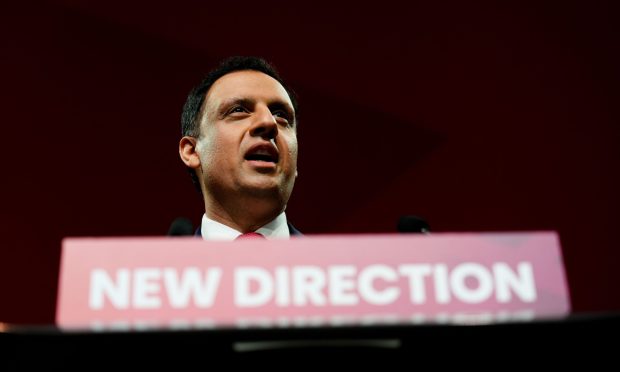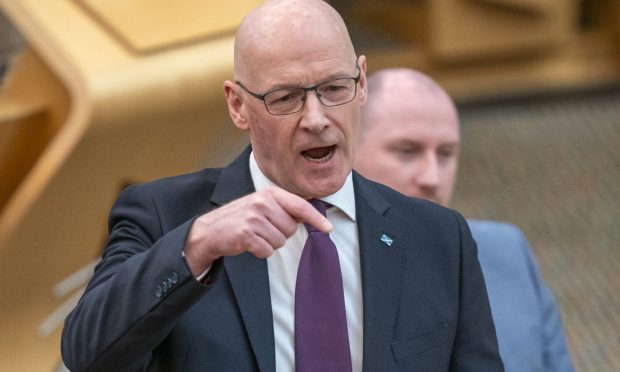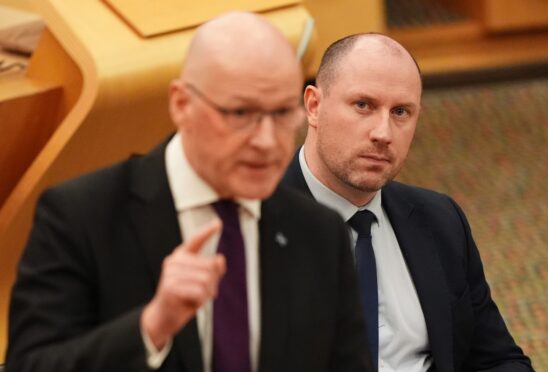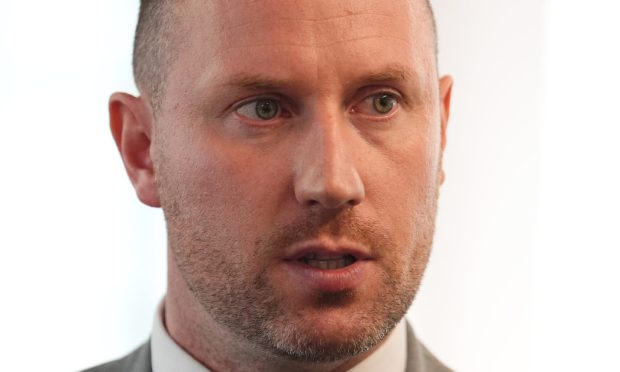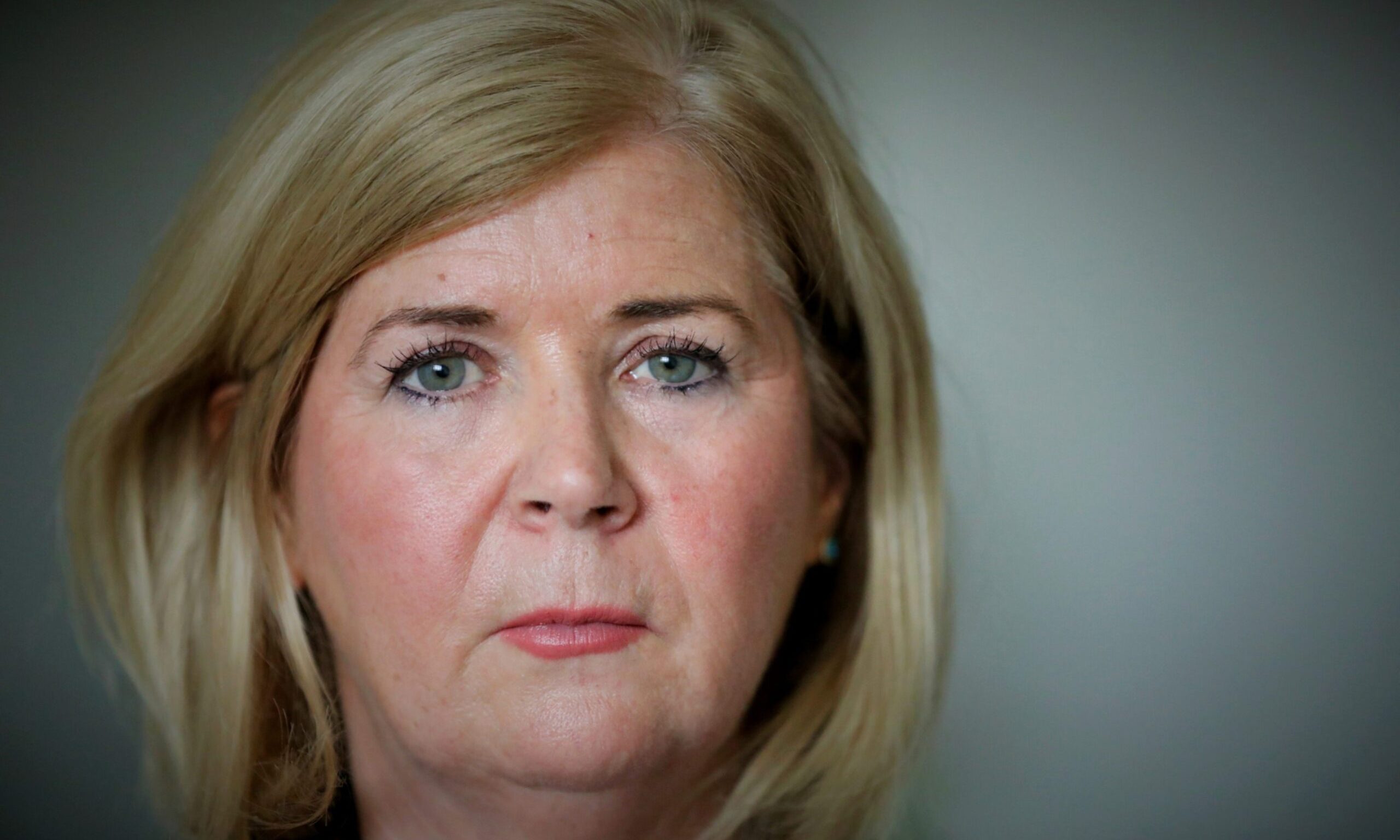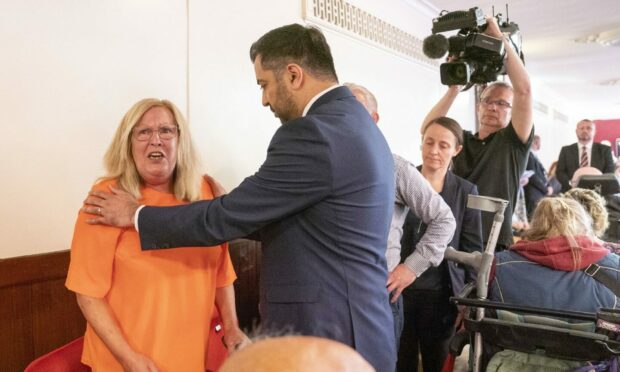Nicola Sturgeon says she has seen “no willingness” from the UK Government to compromise over Brexit.
The First Minister dangled the prospect of calling an independence referendum as early as March as she said Theresa May is “running out of time” to “meet in the middle” for an agreed approach to leaving the EU.
Speaking after Monday’s meeting of the Joint Ministerial Committee, Ms Sturgeon said she “remained to be convinced” that her Government’s proposals are being taken seriously.
She added: “I came here today determined to find some grounds for compromise, some way of trying to square the circle of the UK-wide vote to leave and the Scottish vote to remain, but I also came with a very direct message to the UK Government, that so far the compromise or the attempts at compromise have come only from the Scottish Government.
“There has been no willingness to meet in the middle on the part of the UK Government.
“In terms of me getting a sense of whether Scotland is going to be listened to at all, that period between now and triggering of Article 50 is absolutely crucial.
“The next few weeks are not going to resolve every issue of Brexit, but in terms of me being able to judge whether Scotland’s voice is going to be heard at all in this process… the next few weeks are very important.”
Asked if such a timescale could see her announce another vote on independence by March, she added: “I’ll do what needs to be done to protect Scotland’s position.
“We are running out of time for this process. It can’t go on indefinitely and it won’t go on indefinitely.
“This is one of the last key opportunities for me to make clear to the Prime Minister that I have to see some movement on her part, and over the next few weeks she has got the opportunity to demonstrate whether that movement is going to be forthcoming.”
Leaders of the UK’s devolved administrations met with Theresa May and the Scottish Secretary David Mundell in Cardiff on Monday to discuss the approach to Brexit.
Mrs May has committed to fully involve Scotland, Wales and Northern Ireland in the development of a UK-wide negotiating position for leaving the EU.
But she says they will not be given a decisive role on the UK’s Brexit stance, while Scottish ministers have accused her of not taking their input seriously.
High up on the agenda was the Brexit proposals put forward by the SNP administration in a 50-page document called Scotland’s Place in Europe, which outlines three main strategies for heeding the country’s Remain vote.
Scottish ministers have conceded that Mrs May’s determination to seek a hard Brexit has all but eliminated the possibility of convincing the Prime Minister to retain single market membership for the whole of the UK.
The next aim is to secure special arrangements for Scotland in the Brexit deal, which would see the country fully within the single market while part of a UK that is not subject to the four freedoms.
Meanwhile, Ms Sturgeon has repeatedly said that independence may turn out to be the best or only option for maintaining Scotland’s relationship with the EU.
A communiqué issued following the meeting said consideration of the proposals from the devolved administrations is an “ongoing process”.
The collaboration between the UK Government and the devolved administrations “will need to be intensified ahead of triggering Article 50 and continued at the same pace thereafter”.
A re-run of the 2014 plebiscite has been described by the First Minister as “highly likely” since June, when a Scottish majority of 62% voted to Remain amid a UK-wide vote to Leave.
A UK Government source said officials are looking at the Scottish Government’s proposals in “minute detail”.
Scottish Secretary David Mundell confirmed “inter-governmental discussions” on proposals brought forward by the devolved administrations would be intensified.
“The question is not about can there be differentiation (for Scotland), the question is whether Scotland would benefit from differentiation, and that’s what really has got to be at the heart of these intense discussions,” he said.
“Is it necessary to have a separate deal for Scotland, is the wish for a separate deal for Scotland driven by ideology or is it really based on economic fact and Scotland’s future needs?
“That is what we need to have a full and frank discussion about in the weeks ahead.”
